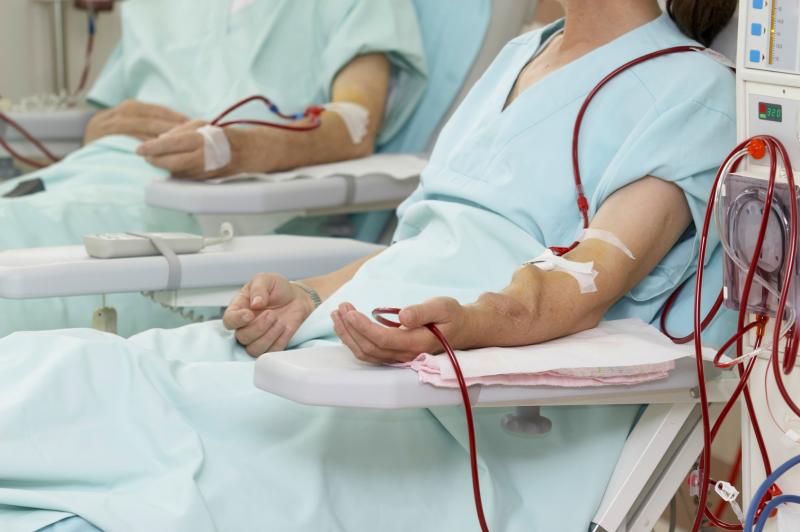 Intellis system offers transformative dialysis care option
Intellis system offers transformative dialysis care optionIn patients receiving peritoneal dialysis, inulin-type fructan (ITF) intervention limits the increase in gut microbiome-generated indole, suggests a study.
The investigators recruited 21 patients receiving peritoneal dialysis for >3 months without diabetes and not using antibiotics to a randomized, double-blind, placebo-controlled, crossover trial of ITF intervention over 36 weeks, with a 12-week washout period. Fifteen patients completed the study.
The primary outcomes included gut microbiome, faecal indole and p-cresol, indole-producing bacteria, p-cresol-producing bacteria, and serum indoxyl sulphate (IS) and p-cresyl sulphate (pCS). Faecal pH, 24-hour urine, and dialysis removal of IS and pCS were the secondary outcomes.
Daily nutrient intakes, including protein, tryptophan, and tyrosine, were isostatic during the prebiotic, washout, and placebo intervention. No baseline differences were observed in the outcomes between treatment groups.
Concentrations of faecal indole did not significantly change in either treatment, but a trend toward the treatment-by-time effect was seen (p=0.052), with a quantitative reduction in the ITF treatment and an increase in the control. There was a significant difference in the changes between the two treatments (–10.07±7.48 μg/g vs 13.35±7.66 μg/g; p=0.040).
Similar to Bacteroides thetaiotaomicron, a difference was noted over time between treatments, with a substantial treatment and time interaction effect (p=0.047). No treatment, time, or interaction effects were found for faecal p-cresol, serum IS, and pCS, 24-hour urine, and dialysis removal of IC and pCS.
“IS and pCS, two important protein-bound uremic toxins, are independent risk factors for cardiovascular disease in patients with end-stage renal disease,” the investigators said. “Indole and p-cresol are gut microbiome-generated precursors of IS and pCS.”